The Scoop about Shin Splints
November 28, 2018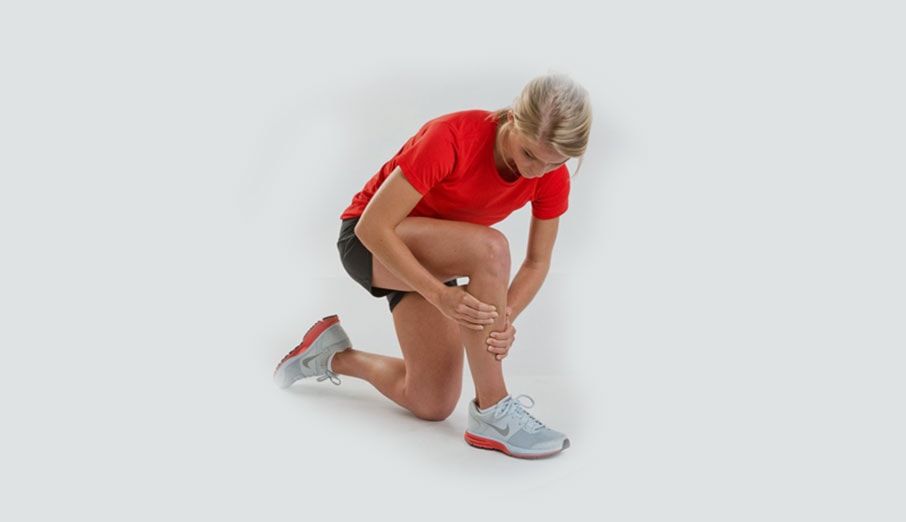
You might have heard of shin splints before. They’re a fairly common injury, particularly in runners and people playing sports involving running. But what are they exactly?
Shin splints is really just an umbrella term for overuse-type shin pain. Most commonly the cause is a tendinopathy of the tibialis posterior. This is a muscle that runs along the inner side of the shin, and so this is where the pain is most commonly felt.
Pain in this tendon and a tendinopathic process comes about from the tendon being placed under greater load than it is able to deal with. This is often due to the foot dropping quickly into pronation (foot arch dropping) after the heel hits the ground during the running gait. Sudden increases in training load and wearing inadequate footwear are also commonly associated with the development of ‘shin splints’.
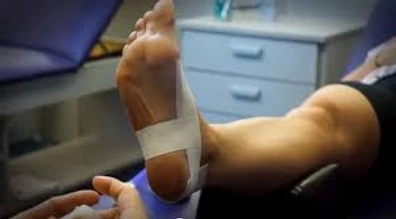
Occasionally this pain may represent a stress fracture, which is usually a down the track progression of a tibialis posterior tendinopathy.
Provided there is no stress fracture present, cessation of sport and other physical activity is usually not required. Some form of load modification is required, but this may include taping, biomechanics retraining and/or reduction in training load.
A home exercise program is very important to the recovery from shin splints. This will generally include strengthening exercises, stretches and biomechanical retraining exercises. Other treatment can include massage, dry needling and ultrasound.
If you get shin splints, you neither need to push through the pain, nor rest completely from physical activity. To recover most effectively you should see a physiotherapist to get an accurate diagnosis, effective treatment and a personalised rehab program.
-
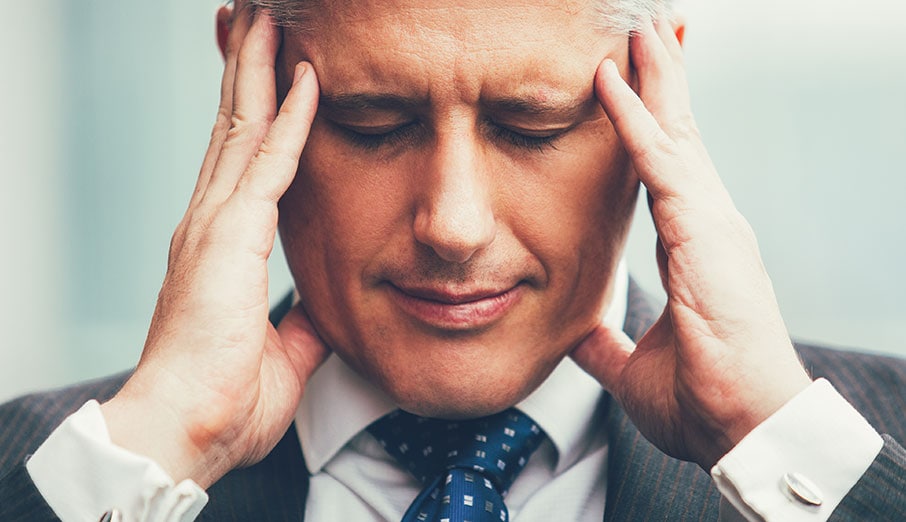 What Can Make Neck Pain a Headache?
What Can Make Neck Pain a Headache?
Often people experiencing a headache are also experiencing neck pain/tightness a...
-
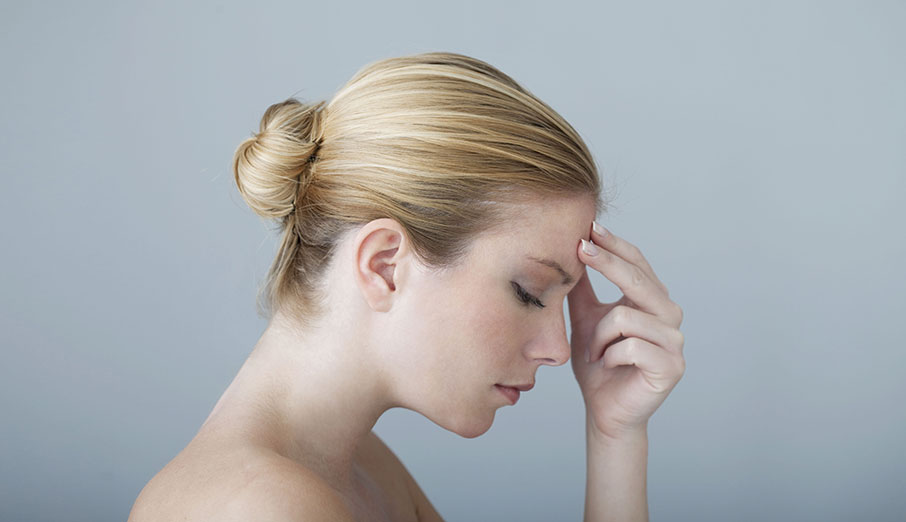 How Physio Can Help Your Headaches
How Physio Can Help Your Headaches
Headaches are no fun. Some people will only experience short-term headaches ever...
-
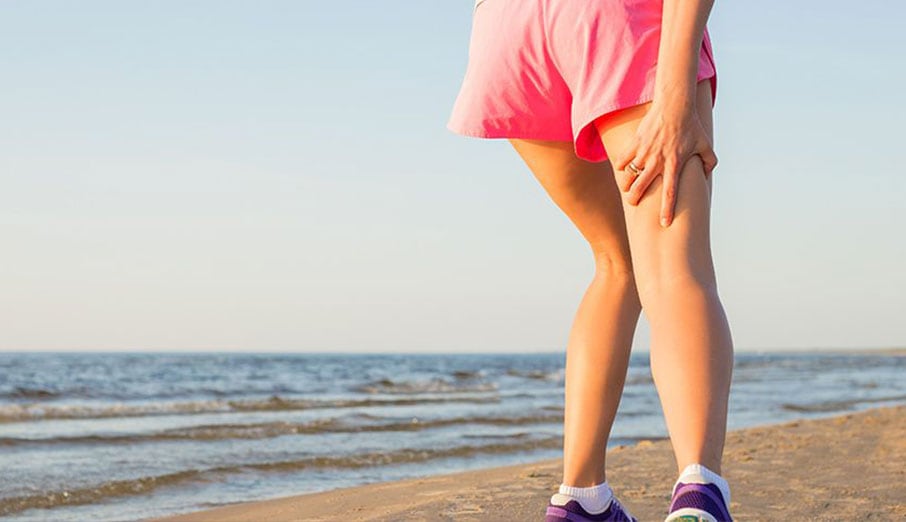 Muscle Strains
Muscle Strains
Winter sports are back and with them come more muscle strains, particularly hams...
